Meeting the Demands of IT Talent: A Focus on Quality of Work Life
Recent studies shed light on what truly appeals to IT professionals when considering potential employers. The demand for skilled IT professionals in production and services continues to rise. However, this demand is not easily met due to a shortage of skilled workers, particularly within the realm of computer science. In 2022, the shortage of IT specialists reached a record high, resulting in 68,000 vacant positions. The public sector faces an even greater challenge, with an anticipated shortage of approximately 140,000 IT specialists by 2030. A contributing factor is the declining number of graduates in this field. Consequently, there is a growing discourse on the viability of lateral entry and international recruitment, especially from Eastern regions. This underscores the significance for companies to present themselves as an attractive employer for the remaining IT talent. The question arises: what are the key factors that make a company appealing to IT professionals and what motivates them to establish enduring ties with an organization?
Five Key Factors in Attracting IT Talent

Research studies have revealed definitive factors that enable us to make informed assessments. There is significant emphasis on corporate culture regarding how practical they are and what emotional working conditions they create. Here’s what IT professionals are looking for from their prospective employers:
Flexible Work Arrangements: Many IT professionals now seek a balanced work-life dynamic, long and rigid hours. This encompasses the autonomy to manage their own time. Additionally, having the flexibility to work from remote locations, sometimes even abroad, is considered crucial. The hybrid work model, widely adopted in the DACH region, reflects this preference.
Opportunities for Personal and Professional Growth: A significant number of IT talents no longer aspire to ascend to management roles. Instead, they seek to specialize in domains where they can become experts. The emphasis on personal fulfilment surpasses the desire for managerial responsibilities, underscoring the craving for personal development.
Competitive Compensation: Salary remains a pivotal reason when selecting an employer.
Healthy Work Relations: Positive camaraderie, constructive feedback from senior management, and emotional well-being in the form of effective decision-making and conflict resolution processes are highly valued.
Corporate Image and Reputation: Highly decisive factor in the IT sector where employees attach significant importance to the technologies and programming languages employed. Thus, projecting a tech-savvy image is imperative for a company.
These five factors play a definitive role in the decision to join a company. Moreover, they influence the decision to stay.
Enhancing Attractiveness Through Employer Branding

Organizations can augment their appeal by cultivating a robust presence and directing efforts towards strategic recruitment. Pivotal role in employer branding is the endeavour to communicate with existing and potential employees that they are part of an appealing work environment. It is imperative for companies to be conscious of the values, ideas, and needs that resonate with IT professionals.
Unearthing the Emotional Aspect

Contrary to prevalent stereotypes, IT professionals place substantial importance on social development. While society often perceives them as introverted and exclusively dedicated to work, this professional cohort cherishes social bonds. Life beyond the workplace, interactions with colleagues, and the ambiance of the working environment, coupled with health and well-being, hold significant sway in the lives of IT employees. This renders them more emotionally invested than what conventional wisdom might suggest. Considering this, companies looking to enhance employee retention should not underestimate this side of social life at work. Moreover, it is imperative to acknowledge the unique experiences of women in the IT sector. Many still encounter feelings of marginalization, criticism, and inequity. Alarmingly, one in two female IT professionals reported experiencing workplace conflicts without a conducive environment for open discussion.
Authenticity Over Competition

In general, today’s youth are inclined towards remuneration. Competitive salaries and future earning potential wield considerable influence on IT students. Surprisingly, in 2022, there was a decline in the desire for challenging roles, signaling a shift away from the high-performer mindset. The mantra of “Come as you are, do what you love” resonates with today’s workforce. Intriguingly, two distinct work attitude cohorts have emerged. On one side, there are those who are performance-driven, ambitious, and seek substantial responsibilities and challenges, with an expectation of recognition within the organization. On the other side, an increasingly influential group seeks equilibrium, prioritizing work-life balance and favouring family-friendly and media-oriented companies. Despite the advent of flexible work arrangements in large tech corporations like Google and Microsoft, top companies continue to be synonymous with high performance.


